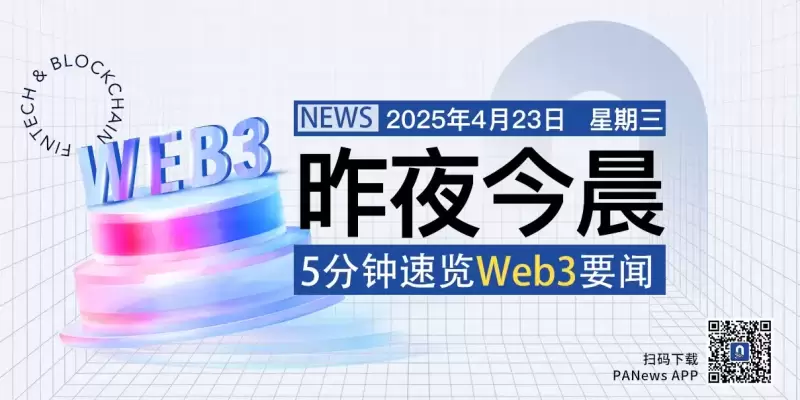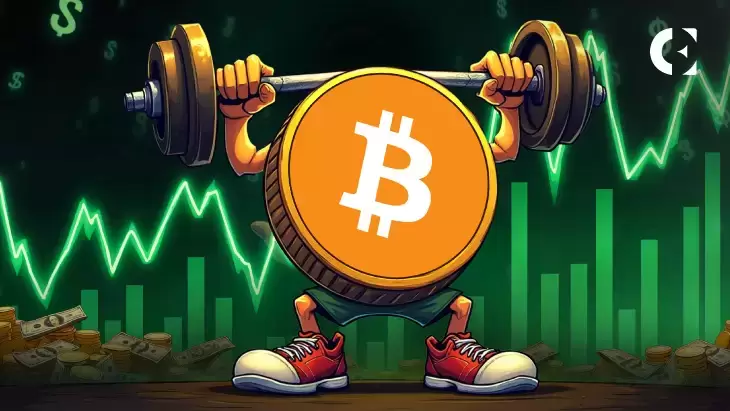 |
|
 |
|
 |
|
 |
|
 |
|
 |
|
 |
|
 |
|
 |
|
 |
|
 |
|
 |
|
 |
|
 |
|
 |
|
The non-fungible token market, once pronounced dead, has roared back to life. The NFT market retested some hype in November 2024, shortly after the crypto-friendly Donald Trump's re-election as the 47th President of the United States of America.

The non-fungible token market, once pronounced dead, has roared back to life. The NFT market retested some hype in November 2024, shortly after the crypto-friendly Donald Trump’s re-election as the 47th President of the United States of America. At the time, the NFT market showed potential signs of revival, with some notable blue-chip NFT collections even rising over 100% in their floor price value and trading sales volume. Industry experts have predicted that the NFT market will continue to grow and hit $84 billion by 2029.
On January 20, 2025, Technavio, a globally acknowledged market research platform that provides reports on emerging technologies and industry trends, shared its prediction for the global non-fungible token market between now and 2029. After careful consideration of various factors, the market research company estimated that the non-fungible token market size will continue growing and reach $84 billion between 2025 and 2029.
During this forecast period, the non-fungible token market size is expected to grow at a CAGR of 30.3%. The non-fungible token market came into the spotlight sometime in 2021 after some NFTs sold for millions of dollars. In October 2021, CryptoPunk #9998, part of the renowned CryptoPunks NFT collection, was reported to have sold for an eye-watering $532 million. At the time, the global NFT market attracted businesses, individual investors, and institutions.
Since then, the NFT market has been experiencing significant growth, driven by the increasing demand for digital intellectual property ownership in various industries. NFTs have emerged as a groundbreaking innovation in various sectors, offering a unique solution for ownership and scarcity in digital assets. This technology, built upon blockchain, has gained significant traction in various industries, most notably in the gaming sector and among digital artists.
Furthermore, major brands are taking notice and exploring the use of digital assets in marketing and consumer engagement, particularly in the media and entertainment sectors. In recent weeks, big brands like Visa and Budweiser are increasingly exploring the NFT market for potential earnings. The music industry also embraces NFTs as a new revenue stream for digital artists to monetize their creations.
The burgeoning NFT technology is a revolutionizing digital art ecosystem, allowing digital Art, traditional art, and collectibles to come to life as unique, verifiable, and tradable assets on the blockchain. This decentralized platform allows digital Artists, Athletes, and Celebrities to monetize and showcase their Intellectual Property through NFTs, including Paintings and Music.
One of the significant challenges impacting the growth of the NFT market is the lack of a clear legal framework for NFTs across various jurisdictions, including the United States and the United Kingdom. In the past three years, the United States Securities and Exchange Commission has been harsh on the NFT sector, punishing celebrities and influencers for endorsing NFTs. The SEC has also threatened to punish NFT marketplaces, including OpenSea, for trading what it considers illegal securities trading.
Fortunately, the global NFT market is expected to start flourishing now that crypto-friendly President Donald Trump has taken office. Trump was re-elected as the 47th President of the United States of America in November after taking down his contestant Kamala Harris, who served as a deputy US President in the previous Joe Biden regime. Under Trump, the White House is expected to explore NFTs, signaling mainstream adoption. During his campaign, Trump vowed to set a clear legal framework for NFTs.
Since Donald Trump announced his stance on crypto and NFTs, many nations across the globe have started embracing them. In December 2024, Jeju Island, a South Korean special self-governed province, announced plans to roll out non-fungible token-based tourist cards to attract young tourists to the region. Earlier this year, India reconsidered its stance on NFTs, with its railway service provider adopting NFTs for the highly anticipated Kumbh Mela religious event.
Even though some companies, including the Kraken crypto exchange, have given up on the NFT market, more companies are still willing to pursue the use cases of NFTs. Key market players include AirNFTs Platform, Asynchronous Art Inc., Axie Infinity, Binance Holdings Ltd., Blockchain App Factory, Celer Network, Chaincella, Decentraland Foundation, Enjin Pte. Ltd., Foundation Labs Inc., Funko Inc., Gemini Trust Co. LLC, Mintable.app, Ozone Networks Inc., Out The Mud Ventures Inc., Rarible Inc., Sky Mavis, SuperRare Labs Inc., Tiki Labs Inc., and Yellowheart LLC.
More blockchain companies are expected to join and explore NFTs’ unrevealed capability in revitalizing their product and services. In this case, tokenization, which creates digital asset ownership tokens, will further boost NFT market growth. Tokenization and proper regulations across different regions are expected to contribute to developing the global NFT market. In the coming weeks
Disclaimer:info@kdj.com
The information provided is not trading advice. kdj.com does not assume any responsibility for any investments made based on the information provided in this article. Cryptocurrencies are highly volatile and it is highly recommended that you invest with caution after thorough research!
If you believe that the content used on this website infringes your copyright, please contact us immediately (info@kdj.com) and we will delete it promptly.
-

-

-

-

-

-

-

-

-

- US Securities and Exchange Commission charges man who allegedly created crypto scheme that swindled 90,000 people out of $200M
- Apr 23, 2025 at 12:30 pm
- The US Securities and Exchange Commission and federal prosecutors have charged a man they allege created a crypto scheme that swindled 90,000 people out of $200 million





























































